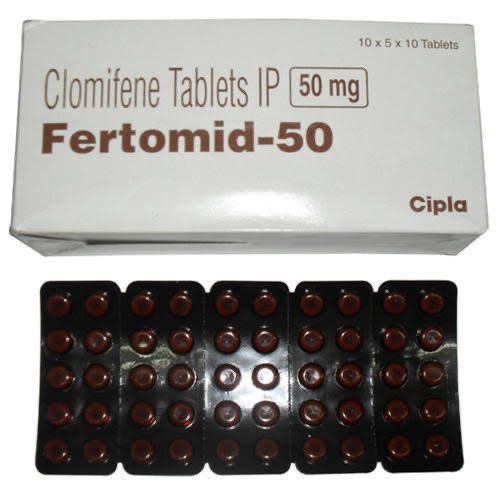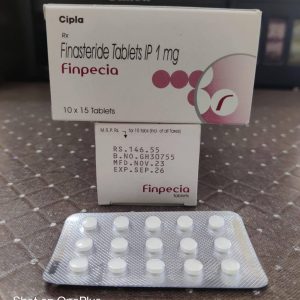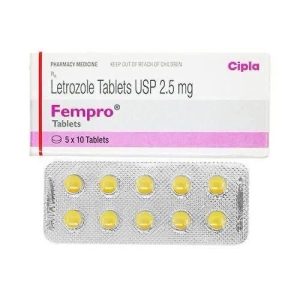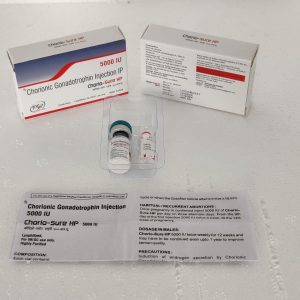Clomiphene, also known as Clomid, is a medication commonly used in the field of reproductive medicine to treat infertility in women. It works by stimulating the release of hormones necessary for ovulation.
While Clomid is primarily used for fertility purposes, it has also gained popularity among some bodybuilders and athletes due to its potential effects on testosterone levels. Clomiphene is classified as a selective estrogen receptor modulator (SERM). It binds to estrogen receptors in the body, blocking them from receiving estrogen, which can then lead to an increase in the production of follicle-stimulating hormone (FSH) and luteinizing hormone (LH). These hormones, in turn, can stimulate the production of testosterone in males.
In the bodybuilding community, Clomid is sometimes used during post-cycle therapy (PCT) after a cycle of anabolic steroids. During steroid use, the body’s natural testosterone production can be suppressed, and Clomid is believed to help restore natural testosterone production by blocking estrogen receptors and stimulating the release of LH and FSH. By doing so, it may help mitigate some of the negative effects associated with anabolic steroid use, such as testicular atrophy and low testosterone levels.
Clomiphene, commonly known by its brand name Clomid, is a medication used primarily in the field of reproductive medicine. It belongs to a class of drugs called selective estrogen receptor modulators (SERMs).
Female infertility: Clomid is often prescribed to women who have difficulty conceiving due to ovulatory dysfunction or unexplained infertility. It helps stimulate the release of eggs from the ovaries.
Male infertility: Clomid can also be used in certain cases of male infertility to increase testosterone levels and improve sperm production.
Clomiphene acts by binding to estrogen receptors in the body, blocking them from receiving estrogen signals.
This leads to an increased release of follicle-stimulating hormone (FSH) and luteinizing hormone (LH) from the pituitary gland, which stimulate the ovaries or testes, respectively.
In women, increased FSH and LH can promote the growth and release of mature eggs from the ovaries.
In men, it can enhance testosterone production and improve sperm quality.
Clomid is typically taken orally, usually for a specific duration of a woman’s menstrual cycle or as directed by a healthcare professional.
The dosage and duration of treatment may vary based on the specific condition being treated and individual factors.
In fertility treatments, it may be used alone or in conjunction with other medications or assisted reproductive techniques like intrauterine insemination (IUI) or in vitro fertilization (IVF).






